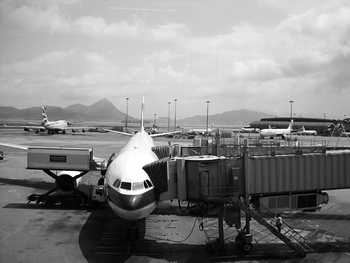On January 14, 2016 the U.S. Department of Transportation was reported to have announced a USD 4 billion (EUR 3.67 billion), 10-year plan to allow self-driving vehicles to operate nationwide. The proposal intends to eliminate “human error” while removing inconsistencies between states.
Car manufacturers and technology companies such as Volvo, Ford, General Motors, Tesla, and Google have shown support for the plan, as they all work to develop their own self-driving technology. However, while the plan has been announced it is still in its nascent stages, and the issue of liability during accidents has not been resolved.
Analyst comment:
Pinkerton finds that regulations at the federal level will greatly facilitate the acceptance of self-driving cars nationwide, as inconsistent rules at the state level have made it difficult or even impossible for manufacturers to meet regulations. Clients interested in shifting corporate fleets and delivery services to self-driving vehicles in the medium-to-long-term should closely follow the government’s ruling on liability. If a person is still required to be at the wheel in such vehicles, then liability is still likely to rest with the driver or corporate owner. However, if no driver is required then liability may tend to rest more substantially with the manufacturer, software, or geolocation provider.





